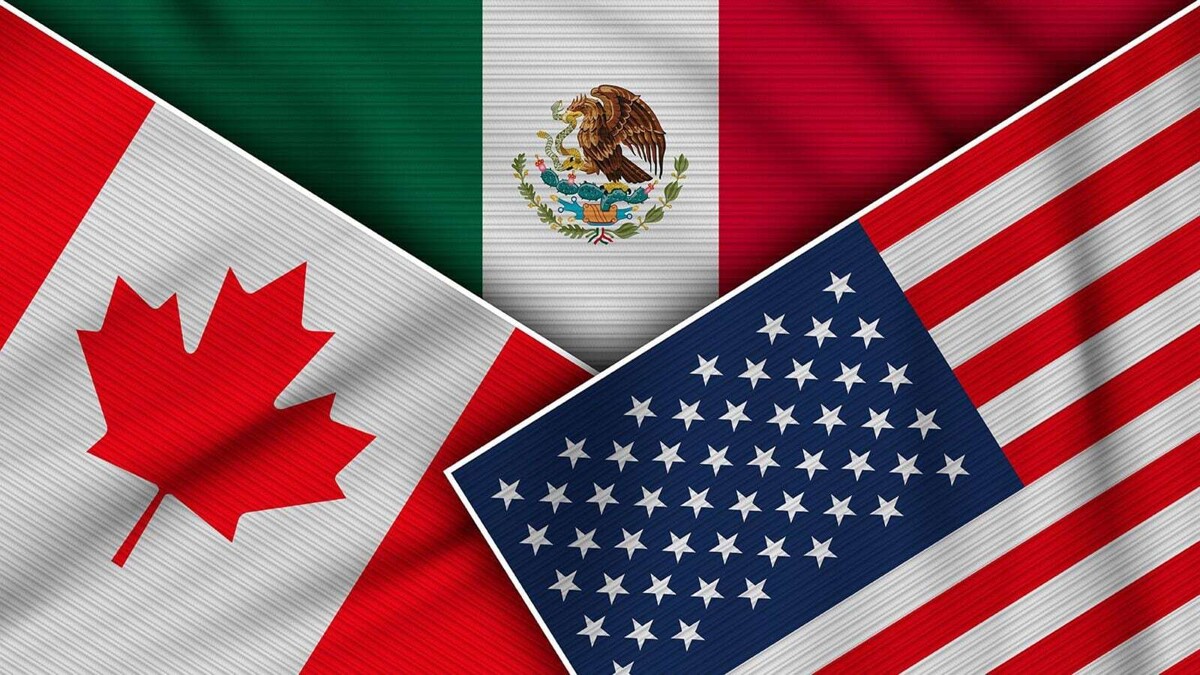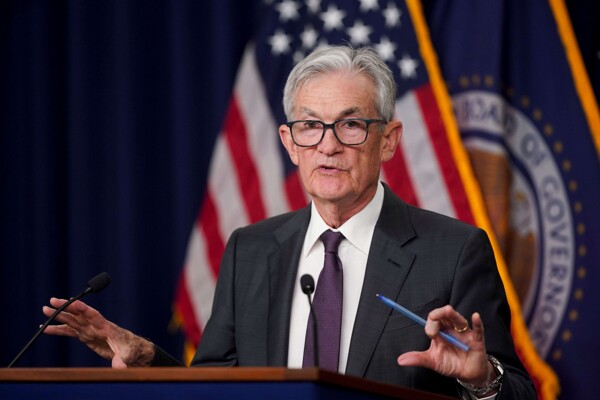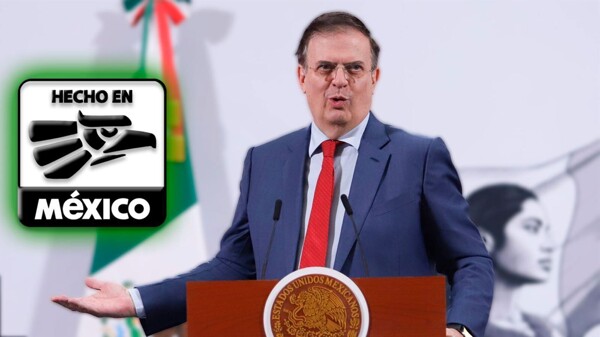
The topic of judicial reform will be one of the focal points during the review of the USMCA, a trade agreement that Mexico must fully implement before April 1. Larry Rubin, president of the American Society of Mexico, mentioned that it is expected that by that date the pending issues of the treaty will be resolved, particularly those commitments made by Mexico during the negotiations of the USMCA.
Rubin highlighted the willingness of the American Society of Mexico to collaborate with the Ministry of Economy, the Presidency, and the Legislative Power in order to ensure that all commitments are met before the established deadline. He specified that one of the key points is to establish an effective security framework for intellectual property, which represents a fundamental part of the rule of law that Mexico must offer its trading partners.
President Donald Trump has urged his team to conduct public consultations and other procedures by April 1 to determine priorities in renegotiating the USMCA. He also pointed out the importance of resolving the commitments made by Mexico in the agreement. Following the agreed pause in the application of tariffs, there is hope that these will not be necessary once both countries have fulfilled their obligations.
It is crucial that the complete implementation of the USMCA has been carried out before the public consultation directed at the President of the United States regarding the challenges and opportunities identified by the population, entrepreneurs, and congressmen in the trade relationship with Mexico and Canada. Larry Rubin emphasized the need to achieve this promptly, working closely with the Ministry of Economy and the Legislative Power.
The reform of the Judiciary in Mexico has generated structural changes that will complicate the review of the USMCA. Although the review of the agreement is initially scheduled for 2026, advancing it could reduce uncertainty regarding investment in Mexico, according to Rubin. Despite considering it unlikely for the review to be advanced before the stipulated date, he pointed out that it would provide greater security to investors in the Mexican market.
Rubin dismissed the inclusion in the USMCA of issues such as fentanyl trafficking and illegal immigration, suggesting instead the creation of specific bilateral agreements to address these issues between Mexico and the United States. He highlighted the importance of cooperation between both nations to improve conditions in the region and emphasized that it is a priority to work on security to eliminate tariffs, underlining the essential nature of bilateral cooperation.














